Pivoting non-communicable disease research during a pandemic

Ruwan Ratnayake, Parveen Parmar, Fatma Rawashdeh, Muhammed Fawad
The maintenance of life-saving care for non-communicable diseases and chronic infectious diseases, including diabetes and HIV/AIDS is a major challenge for older people forcibly displaced by conflict and disaster. To that end, we at the International Rescue Committee began 2020 with the initiation of a stepped-wedge observational study to explore the role and impact of a network of NCD-focused, Syrian community health volunteer network in supplementing the clinical care of refugees with diabetes and hypertension in northern Jordan.
With the onset of the COVID-19 pandemic which has ingrained itself into nearly every corner of the Earth for a yet underdetermined time to come, we strongly considered pausing this research to properly investigate the original research question. This forced a displacement of our ideas to make our research more sharply focused on the (many) problems at hand for refugees cutoff from care during displacement, and now the pandemic. To that end, by late March 2020, as the Government of Jordan had implemented national curfews and stay-at-home directives for the whole population, the International Rescue Committee quickly switched its care from monthly clinic visits to the delivery of medications to local pharmacies. This approach was a stop-gap measure, and necessarily lacked supplementary care components including counseling, monitoring of adherence, inculcation of self-management and the detection of complications which can result in severe outcomes, such as diabetic foot. These older patients are also at risk of poor outcomes resulting from SARS-CoV-2 infection.
New challenges facing refugees living with non-communicable diseases in Jordan
To respond, we pivoted toward implementing and evaluating, using a cohort analysis, a remote service delivery strategy delivered by community health volunteers.5 The community health program focuses on assuring, by monthly phone consultation, that patients received their medications, are adherent to the medications, can quickly understand self-management approaches, and can detect complications. Another aspect is risk communication for COVID-19 and screening patients through self-report symptoms for symptoms compatible with the COVID-19 suspected case definition. The community health volunteers can then refer patients to urgent care for a new and worsening complications, to a COVID-19 testing centre, or simply follow-up with the next monthly phone call if all is well. Self-management instructions and the preventative measures for COVID-19 are also shared through pictures on Whatsapp (see pictures).
Our hypothesis is that with the efficient delivery of medications and insulin to local pharmacies, access to pharmaceutical care will be greatly improved. With community health volunteers engaging with patients, identification and referral for medical emergencies and worsening complications will detect and therefore prevent more severe outcomes. Our main outcomes remain adherence to medication and increased detection and follow-up for complications.
Moving forward: staying aligned with the evolving response to COVID-19
We are now supporting the strategy and collecting data on how it is unfolding. Qualitative research will be integrated to help to explain the pathway to impact. And the intervention will remain aligned with the evolving public health response to COVID-19 in Jordan. Recently, we were able to use early learning from the project to propose simple ideas for health actors to mitigate the impact of the epidemic on refugees with chronic diseases. As we progress our study, we hope to generate evidence that is relevant for any situations where remote management for NCDs is needed in humanitarian crisis – including acute exacerbations in armed conflict.
Information on the remote strategy was published here. A household survey on the prevalence of diabetes and hypertension among refugees is described here, and the development of the community health program is described here.
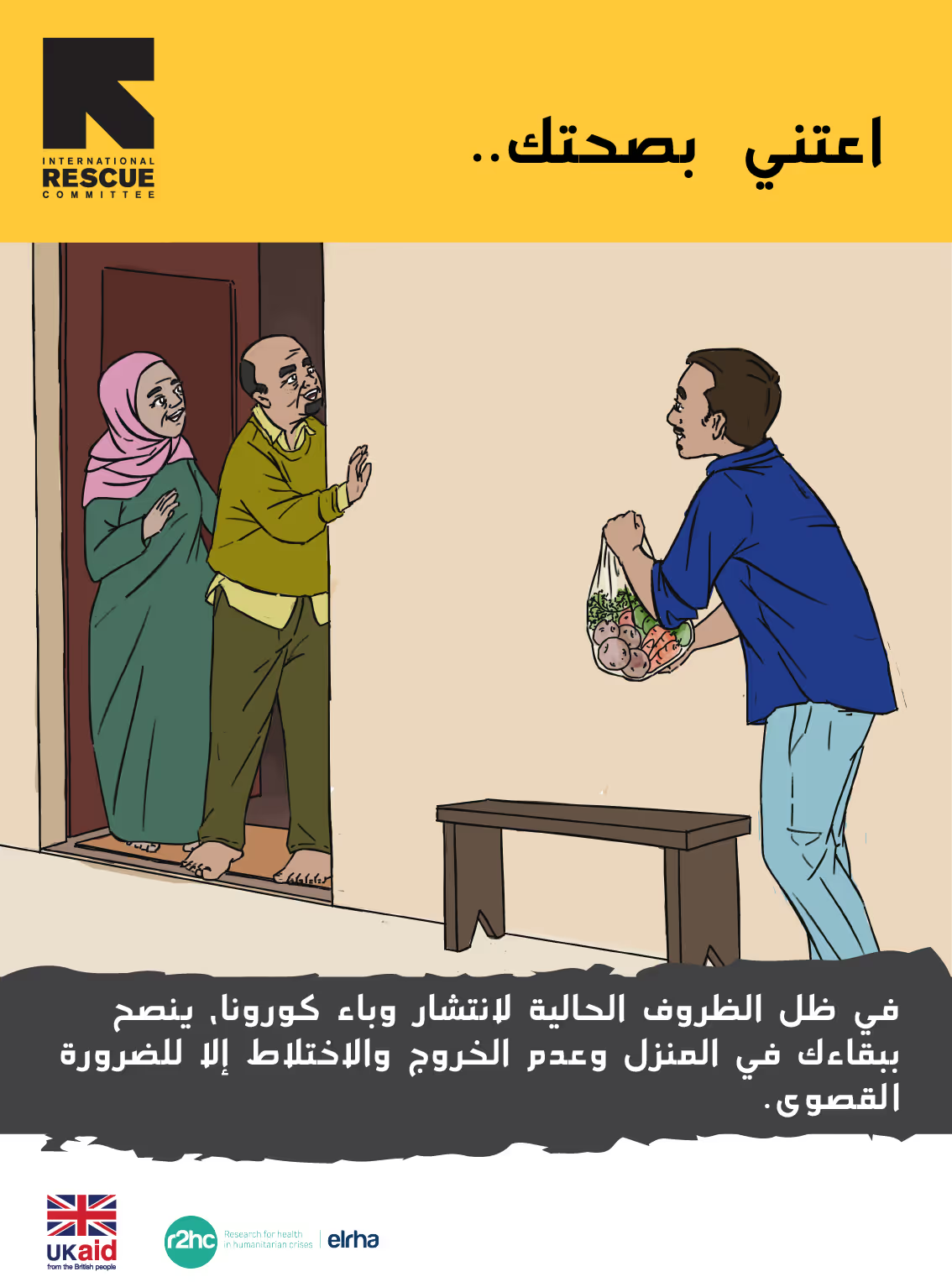
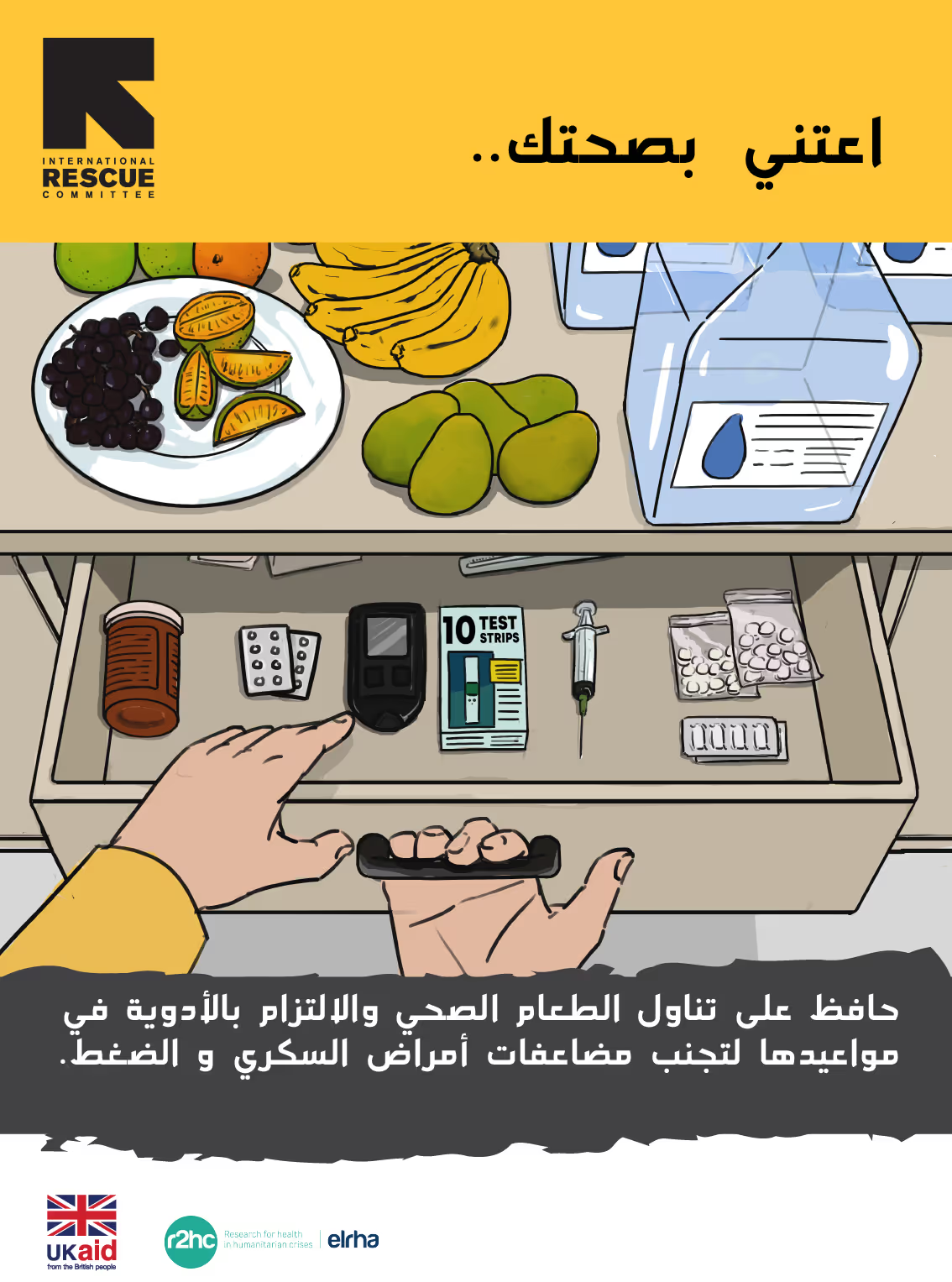
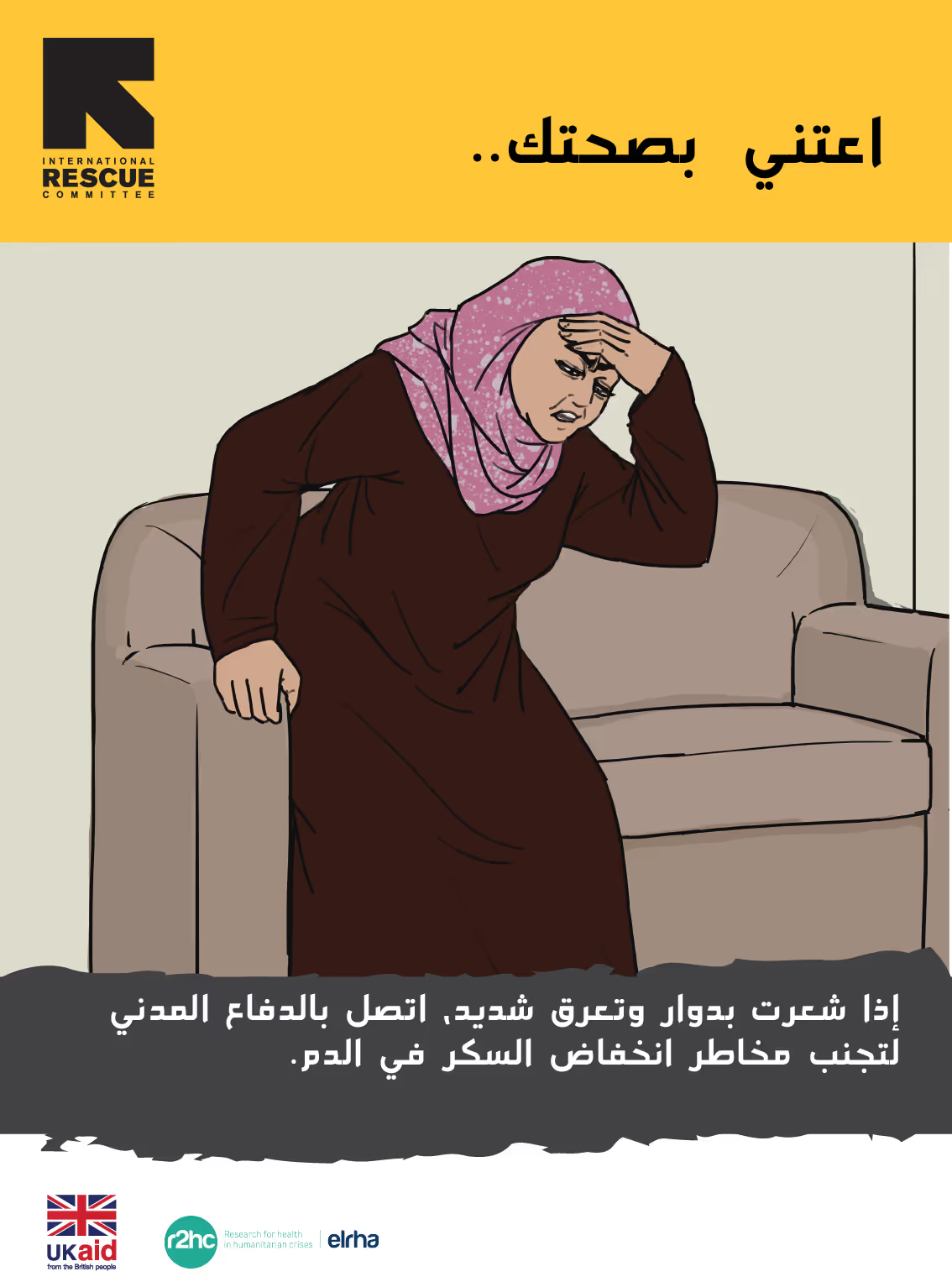
Stay updated
Sign up for our newsletter to receive regular updates on resources, news, and insights like this. Don’t miss out on important information that can help you stay informed and engaged.
Related articles
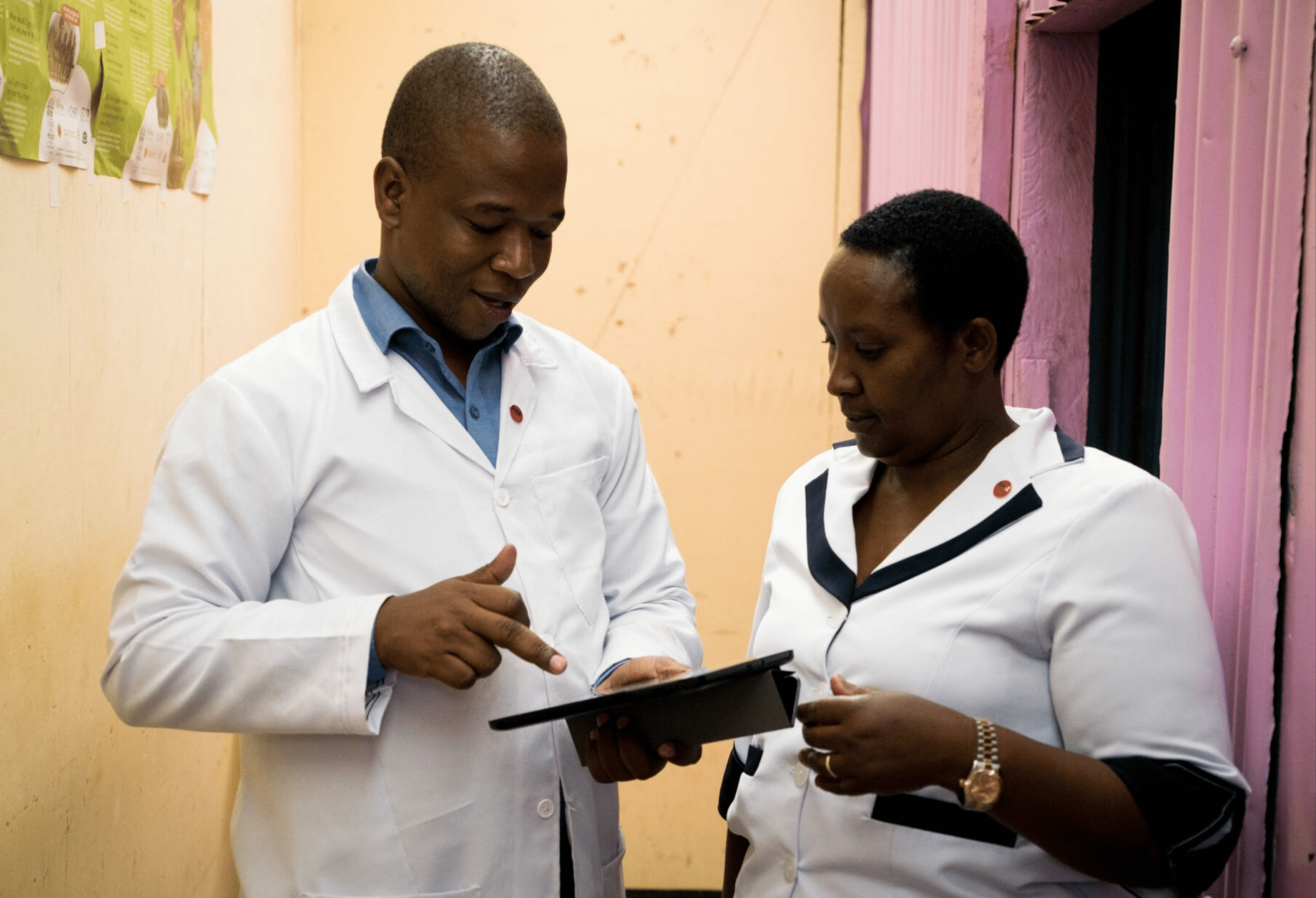
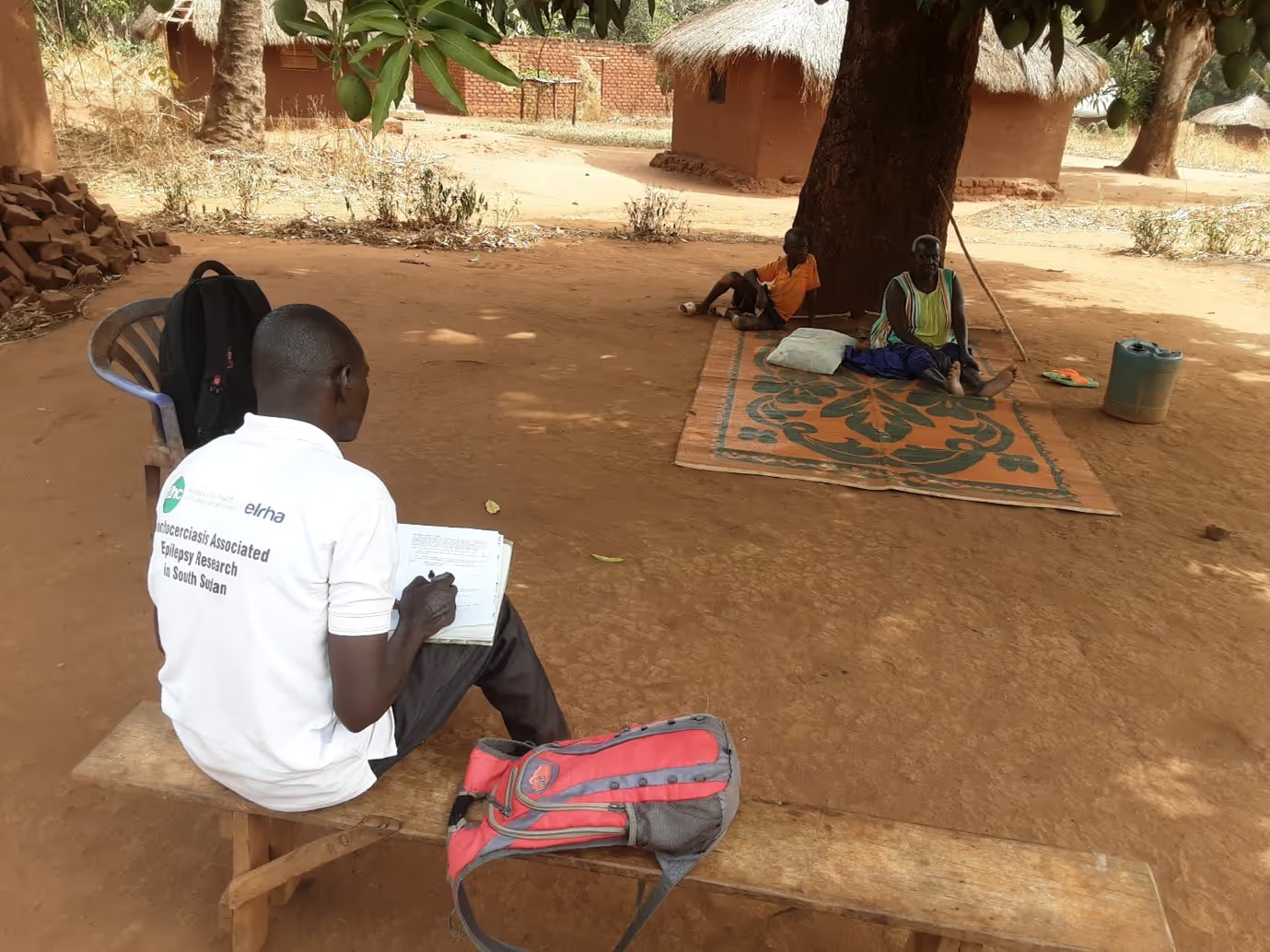
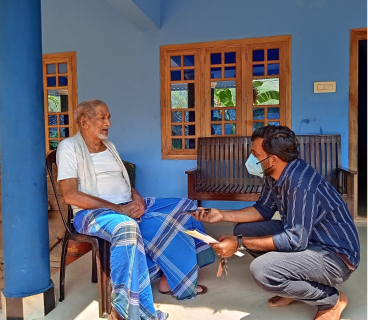
Explore Elrha
Learn more about our mission, the organisations we support, and the resources we provide to drive research and innovation in humanitarian response.